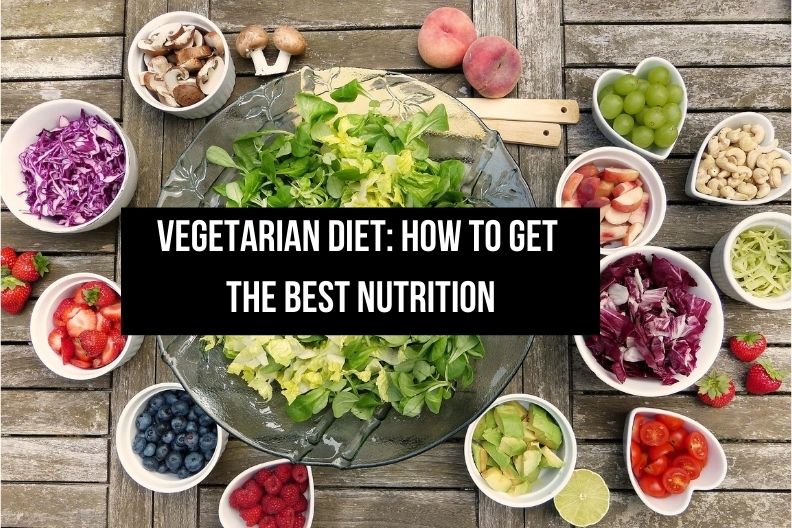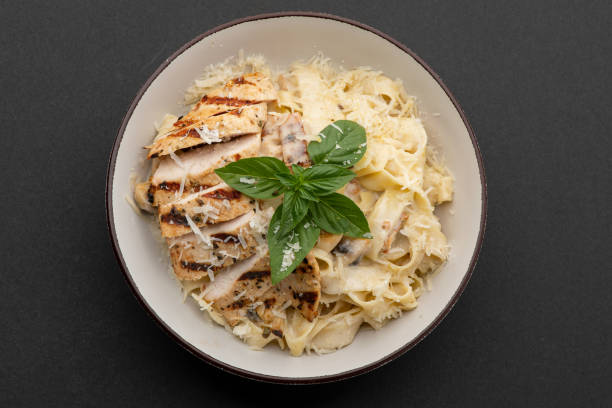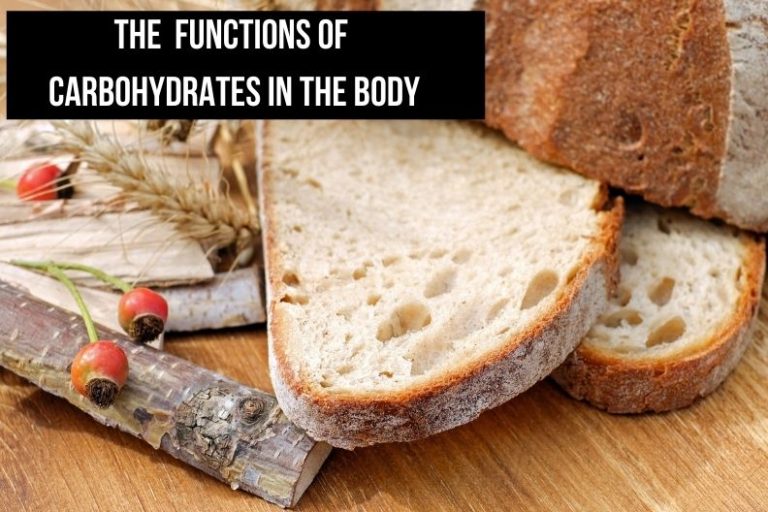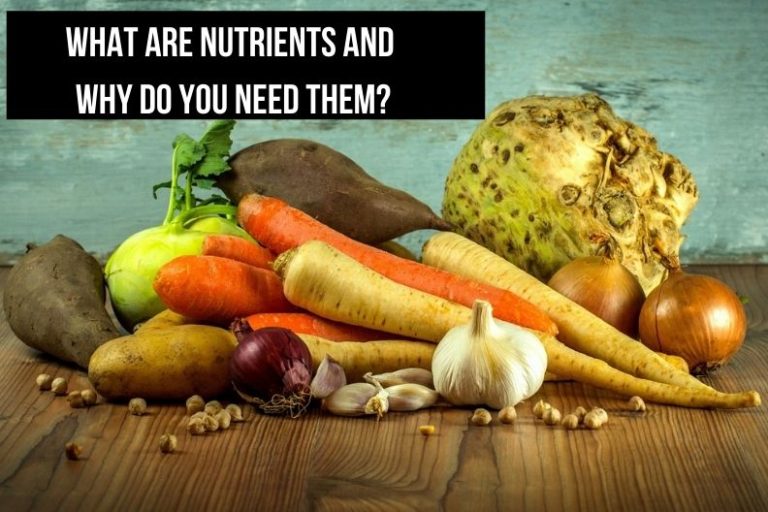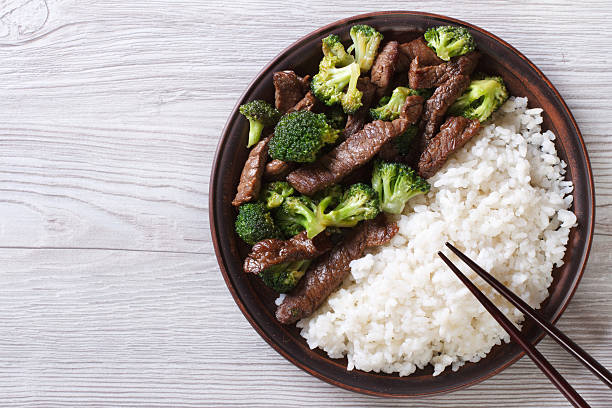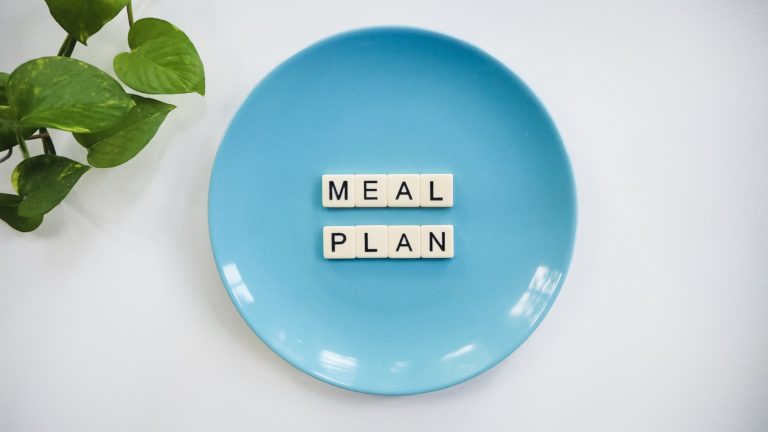The Pros and Cons of a Vegetarian Diet
This post contains affiliate links. This means I will make a commission at no extra cost to you should you click through and make a purchase. Read the full disclosure here.
The vegetarian diet is as old as human beings. Find out what you need to know about a plant-based diet.
Table of Contents
What are the Pros of Being a Vegetarian?
As a vegetarian or vegan, you have the advantage of several health benefits – namely reduced risk of high cholesterol and diabetes. You also have a lower risk of heart disease and chances of weight gain are lower.
There are also environmental benefits to your diet, with tinned and long-transported meats being transported great distances before finally reaching your dinner plate.
What are the Cons of Being a Vegetarian?
There are numerous reasons to follow a meat-free diet, and veganism is growing in popularity by the minute. However, there are also many arguments against it. The consensus among this evidence is that a vegetarian diet can be healthy in moderation – but only if you get any vitamins or minerals that may be missing from your diet.
Let us dive into these:
Unfortunately, all-vegetarian diets do not provide sufficient B1 B12 is quite essential in the human diet and a long-term deficiency can cause serious health problems. Some of the health conditions associated with a lack of B12 include hair loss, depression, fatigue, and even Alzheimer’s disease.
Beans and grains make for a complete protein however, neither one alone is considered to be complete. When you eat them together you get an excellent combination where the quantity that you need to survive is matched by their ability to produce said quantity. You can get all of this from eating both beans and whole grains.
The legumes which are best for protein are soybeans, peanuts, and chickpeas. Wheat is deficient only in one essential amino acid.
A very restrictive vegetarian diet does not provide enough usable nutrients, including calcium, zinc, iron, vitamin D, and other specific vitamins and minerals. In the case of pregnant and lactating women. Children are negatively affected as their growth will be stunted by a complete lack of these nutrients. With too little iron your body may not develop fully and this is especially true in females during their menstrual cycles.
There is no final answer though. Ultimately it comes down to what works for you and what lifestyle choice works well with your moral beliefs.
Balancing the Vegetarian Diet
Like everyone else, vegetarians need to eat a balanced diet. They need to consume food that is rich in proteins by adding either eggs or dairy products (such as milk and cheese) to their meals.
Milk, milk products, and eggs are the best way to provide amino acids that lack in vegetarian diets. A glass of milk in every meal supplies a good amount of complete protein which contains calcium, vitamin D, and some B12.
While milk is best known as the key to a healthy diet, eggs are by far the most superior products on the market. While there are many other benefits of milk in the human body, eggs offer even more diversified functions than you would never imagine.
Freezing
Fresh vegetables and fruits are quickly frozen and placed in a refrigerator that maintains the temperature at -18 degrees Celsius. When frozen food thaws, it is recommended to use it at once to avoid any harmful bacteria from forming.
Refreezing leads to rapid deterioration of ice crystals and the reformation of hydrogen bonds which causes cause color, texture, flavor, and nutrients to fade. It can also allow harmful microorganisms to develop.
Drying
Drying fruit is a wonderful way to maintain the quality and flavor of the product without overwhelming the senses. With the proper balance, the drying method can be used to trigger taste buds in consumers.
Dried fruits are harvested later than the ones that we intend for canning or for freezing. It is interesting to note that when compared, the fresh fruit market and the dried fruit market make huge differences.
Dried foods usually cost less per serving than fresh, canned, or frozen foods. Because of their reduced weight and bulk, they cost less to package, transport, and store. For example, it takes 2.7 to 3.6 kg ( 6 to 8 lb) of dried ones.
Conclusion
With that, I come to the end of this article on the pros and cons of a vegetarian diet. I hope that my thoughts have been insightful and given you food for thought about your own diet. Whether you are currently a vegetarian or are thinking about becoming one, it is never too late to evaluate what changes you might make. Just remember to focus more on being healthy than on being a particular type of person. This way, you can enjoy a vegetarian diet with all the pros that come along with it – let’s face it, plants don’t do too badly.
